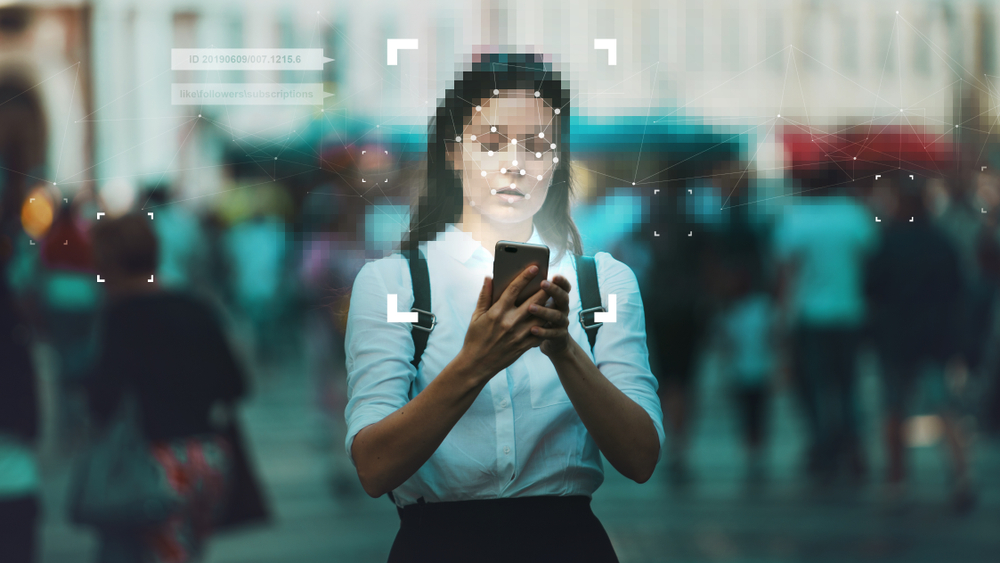
Cybersecurity 101: How Virtual Private Networks Work and the Benefits & Common Uses for a VPN
Digital privacy is becoming a growing concern and people are waking up to how their personal data is being exploited by unrelenting marketing companies and cyber criminals. In general, all online activity is tracked and often sold to marketing giants who profit from it—and it’s not just marketing companies who use your data. Scandals are constantly being revealed regarding how social media platforms misuse user data.
Cases such as Cambridge Analytica offer insight into how political parties work with big data to sway political attitudes. They do this by creating “psychographic profiles” of users based on their digital activity and browsing habits. By collecting your data, large corporations can create digital fingerprints of you and use these fingerprints to create sophisticated marketing strategies that are essentially designed to hack your mind.
Additionally, cybercrime is a major concern for internet users, and with protecting yourself being one of the primary VPN benefits, it’s a good idea to educate yourself about how they work and how they can benefit your digital privacy.
How Do VPNs Work?
A VPN, or Virtual Private Network, is a type of software that allows users to remain anonymous and private online. When you connect to the internet, your computer is assigned an IP address that can be used to identify you. However, when you use a VPN, your traffic is routed through a server that changes your IP address and makes it appear as though you are located in another country. This can be useful for accessing region-locked content or bypassing censorship. Let’s take a closer look at VPN benefits and uses.
Common VPN Uses and Benefits
Wondering how using a VPN can benefit you? Here’s a list of eight advantages and uses.
1. Avoiding Surveillance
Whether you’re a journalist working on sensitive stories or simply someone who doesn’t want their online activity tracked, using a VPN can help to avoid unwanted surveillance.
2. Accessing Country-Restricted Content
If you’re trying to access content that’s only available in certain countries, using a VPN can help you to bypass those restrictions.
3. Enhancing Data Protection
When you use a VPN, your traffic is encrypted, making it more difficult for anyone to intercept and misuse your data.
4. Bypassing Censorship
In some countries, the government imposes strict censorship laws blocking access to certain websites or content. A VPN can help you to bypass censorship and gain access to the information you want.
5. Improving Online Security
In addition to encrypting your traffic, a good VPN will also offer additional security features such as malware protection and firewalls.
6. Unblocking Netflix
Netflix uses geo-blocking to restrict content in certain countries. However, if you use a VPN, you can often unblock Netflix and gain access to the full range of titles available in any country, rather than being restricted to your own country of residence.
7. Saving Money on Travel Expenses
If you frequently travel for business or pleasure, you may be able to save money on travel expenses by using a VPN. Many hotels and airlines offer discounts to customers who book through their websites, but these deals are often only available if your location appears to be in the same country as the hotel or airline. By connecting to a server in that country, you can make it appear as though you’re located there and potentially save money on booking fees.
8. Boosting Internet Speed
In some cases, connecting to a server closer to your current location may actually boost your internet speed, even if it’s just by a few milliseconds. If you frequently find yourself waiting for pages to load or files to download, connecting to a VPN may help speed up your connection.

